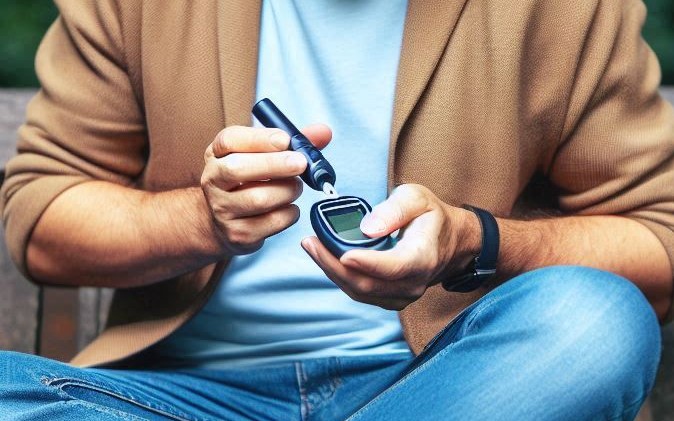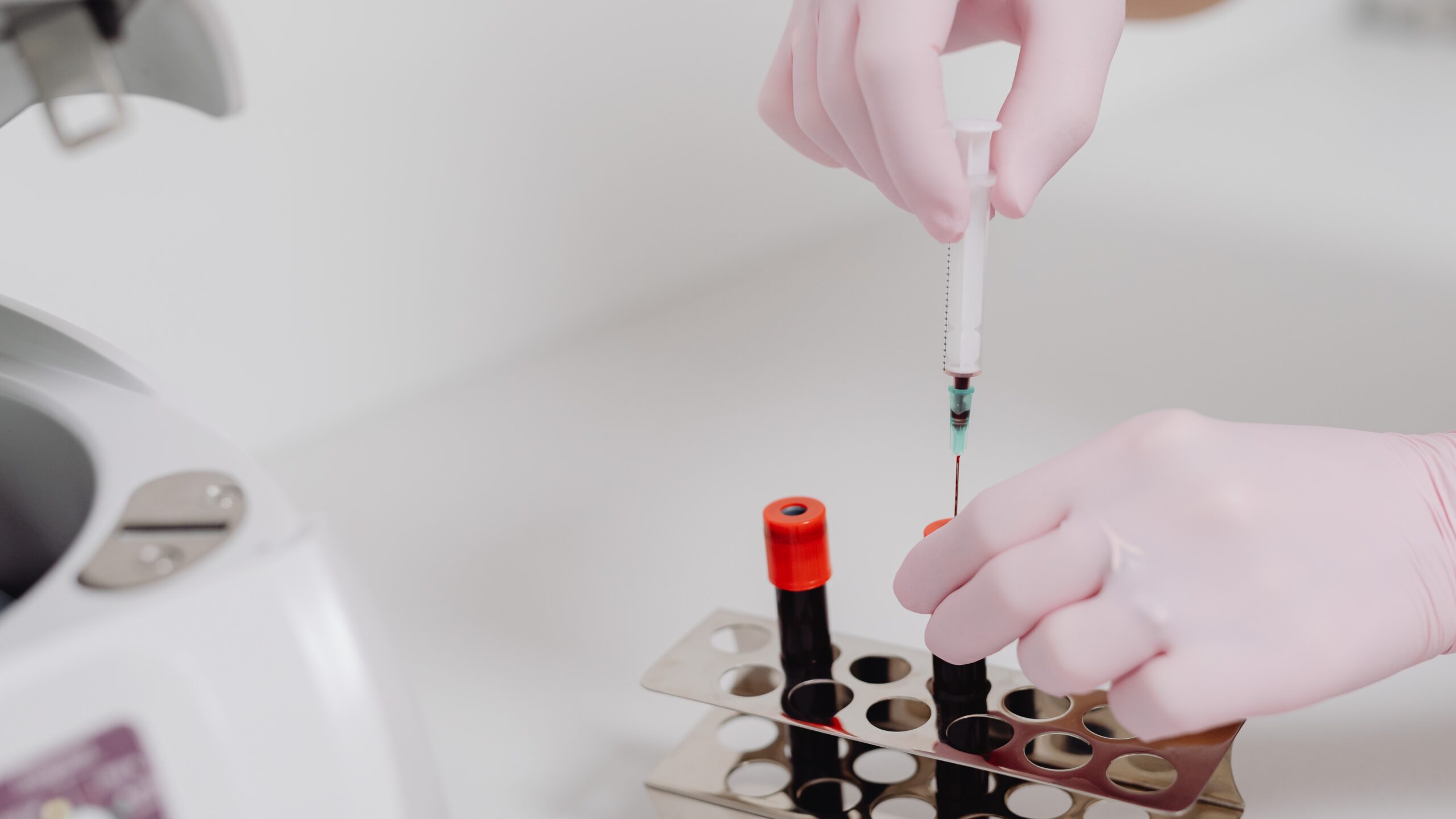Diabetes, a chronic condition characterized by high blood sugar levels, affects millions worldwide. While medication is a common management strategy, many are turning to natural methods to potentially reverse Type 2 diabetes. This blog explores proven tips and strategies for naturally reversing diabetes, supported by scientific research and expert advice.
Understanding Diabetes and Its Types
Before diving into natural reversal strategies, it’s essential to understand the main types of diabetes:
1. Type 1 Diabetes: An autoimmune disease where the immune system attacks insulin-producing cells in the pancreas. This type typically requires lifelong insulin therapy.
2. Type 2 Diabetes: A metabolic disorder characterized by insulin resistance and inadequate insulin production. Often linked to lifestyle factors, Type 2 diabetes is more responsive to natural interventions.
While Type 1 diabetes is generally not reversible, many people have successfully managed and even reversed Type 2 diabetes through lifestyle modifications. Here are some effective strategies to naturally reverse Type 2 diabetes.
1. Adopt a Low-Carb, High-Fiber Diet
Diet plays a crucial role in managing and potentially reversing Type 2 diabetes. A diet low in carbohydrates and high in fiber can help regulate blood sugar levels and improve insulin sensitivity.
Reduce Carbohydrate Intake: Carbohydrates are converted into glucose in the body, leading to spikes in blood sugar levels. Limiting refined carbs such as white bread, pasta, and sugary foods can help stabilize blood sugar.
Increase Fiber Intake: Fiber-rich foods like vegetables, fruits, legumes, and whole grains can slow the absorption of sugar, improving blood sugar control. Aim for at least 25-30 grams of fiber daily.
Choose Healthy Fats: Incorporate healthy fats from sources like avocados, nuts, seeds, and olive oil. These fats can enhance insulin sensitivity and provide long-lasting energy.
2. Engage in Regular Physical Activity
Regular exercise is essential for lowering blood sugar levels and improving insulin sensitivity.
Aerobic Exercise: Activities like walking, cycling, and swimming can significantly improve cardiovascular health and aid in blood sugar control. Aim for at least 150 minutes of moderate-intensity aerobic exercise per week.
Strength Training: Building muscle mass through resistance exercises like weightlifting or bodyweight exercises (e.g., push-ups, squats) can enhance insulin sensitivity and promote better blood sugar regulation. Include strength training sessions 2-3 times per week.
Consistency is Key Regular exercise is crucial. Find activities you enjoy to maintain long-term adherence.
3. Maintain a Healthy Weight
Achieving and maintaining a healthy weight is crucial for reversing Type 2 diabetes. Excess body fat, especially around the abdomen, can increase insulin resistance.
– **Set Realistic Goals**: Aim for gradual weight loss, as rapid weight loss can be unsustainable. A realistic goal is losing 5-10% of your body weight over six months.
– **Monitor Progress**: Keep track of your weight, dietary intake, and physical activity. Monitoring can help you stay accountable and make necessary adjustments.
– **Seek Support**: Consider joining a weight loss program or support group. Having a network of support can provide motivation and encouragement.
4. Manage Stress
Chronic stress can negatively impact blood sugar levels and overall health. Managing stress is essential for reversing diabetes naturally.
– **Practice Mindfulness and Meditation**: Techniques like mindfulness meditation, deep breathing exercises, and progressive muscle relaxation can help reduce stress and improve mental well-being.
– **Engage in Hobbies**: Activities that you enjoy, such as reading, gardening, or playing a musical instrument, can provide a healthy outlet for stress.
– **Seek Professional Help**: If stress becomes overwhelming, consider talking to a mental health professional. Therapy can provide strategies to cope with stress effectively.
5. Ensure Adequate Sleep
Sleep plays a vital role in maintaining overall health and regulating blood sugar levels. Poor sleep can lead to increased insulin resistance and weight gain.
– **Establish a Sleep Routine**: Go to bed and wake up at the same time every day, even on weekends. A consistent sleep schedule can improve sleep quality.
– **Create a Sleep-Friendly Environment**: Make your bedroom conducive to sleep by keeping it cool, dark, and quiet. Limit screen time before bed, as the blue light from screens can interfere with sleep.
– **Address Sleep Disorders**: If you suspect you have a sleep disorder such as sleep apnea, seek medical evaluation and treatment. Treating sleep disorders can significantly improve blood sugar control.
6. Stay Hydrated
Proper hydration is essential for overall health and can aid in blood sugar regulation.
– **Drink Water**: Aim to drink at least 8 glasses (about 2 liters) of water per day. Water helps flush out toxins and can reduce the risk of dehydration, which can affect blood sugar levels.
– **Limit Sugary Drinks**: Avoid sugary beverages like soda, fruit juices, and energy drinks, as they can cause rapid spikes in blood sugar levels.
– **Monitor Urine Color**: A simple way to check hydration status is by observing the color of your urine. Pale yellow urine generally indicates adequate hydration.
7. Use Natural Supplements
Several natural supplements have shown promise in improving blood sugar control and reversing diabetes.
– **Berberine**: A compound found in several plants, berberine has been shown to lower blood sugar levels and improve insulin sensitivity. Consult with a healthcare provider before starting any supplement.
– **Cinnamon**: Some studies suggest that cinnamon can help lower blood sugar levels and improve insulin sensitivity. Add cinnamon to your diet by sprinkling it on foods or taking it as a supplement.
– **Magnesium**: Magnesium deficiency is common in people with diabetes. Magnesium supplements can improve insulin sensitivity and blood sugar control. Foods rich in magnesium include leafy greens, nuts, seeds, and whole grains.
Also Read : “Nutrition Facts : A Roadmap to Smart Dietary Choices”
8. Monitor Blood Sugar Levels
Regular monitoring of blood sugar levels can help you understand how different foods, activities, and habits affect your blood sugar.
– **Use a Glucose Meter**: A glucose meter allows you to check your blood sugar levels at home. Aim to check your levels at different times of the day, such as before and after meals.
– **Keep a Log**: Maintain a record of your blood sugar readings, dietary intake, physical activity, and any symptoms. This information can help you and your healthcare provider make informed decisions about your management plan.
– **Adjust as Needed**: Based on your blood sugar readings, make adjustments to your diet, exercise routine, and lifestyle. Consult with your healthcare provider before making significant changes.
9. Consider Intermittent Fasting
Intermittent fasting (IF) is an eating pattern that alternates between periods of eating and fasting. Some studies suggest that intermittent fasting can improve insulin sensitivity and aid in weight loss.
– **Choose a Fasting Schedule**: Common IF schedules include the 16/8 method (fasting for 16 hours and eating within an 8-hour window) and the 5:2 method (eating normally for 5 days and restricting calories for 2 days). Choose a schedule that fits your lifestyle and consult with a healthcare provider before starting.
– **Focus on Nutrient-Dense Foods**: During eating periods, consume nutrient-dense foods that provide essential vitamins, minerals, and fiber. Avoid overconsumption of processed and high-calorie foods.
– **Listen to Your Body**: Pay attention to how your body responds to intermittent fasting. If you experience adverse effects, consider adjusting your fasting schedule or discontinuing the practice.
10. Work with Healthcare Professionals
While natural strategies can be highly effective, it’s essential to work with healthcare professionals to ensure safe and effective diabetes management.
– **Consult a Registered Dietitian**: A registered dietitian can provide personalized dietary advice and help you create a meal plan that supports blood sugar control.
– **Work with a Diabetes Educator**: Diabetes educators can offer valuable information and support for managing diabetes, including how to monitor blood sugar levels, use medications, and make lifestyle changes.
– **Regular Check-Ups**: Schedule regular check-ups with your healthcare provider to monitor your progress and make any necessary adjustments to your management plan.
Conclusion
Reversing Type 2 diabetes naturally is possible through a combination of dietary changes, regular physical activity, weight management, stress reduction, adequate sleep, hydration, natural supplements, blood sugar monitoring, intermittent fasting, and professional support. By adopting these proven tips and strategies, many people have successfully reversed their diabetes and improved their overall health. Remember, it’s essential to consult with healthcare professionals before making significant changes to your lifestyle or management plan.










